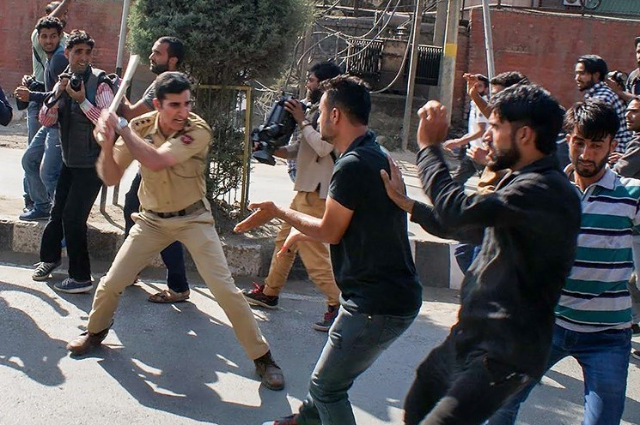
The Indian Police Force is one of the most hardworking government institutions, yet, it is infamous for its corruption and incapability to perform. I can say with some confidence that most of us have had a negative experience with the police. Why? Why do Indians hate their police so much? The answer lies in the inception of the Police Commission in 1861.
HISTORY OF POLICE REFORMS:
After 1857, the British came up with the police as a deterrent against rebels under the guise of law enforcement. A “politically useful” organization that would follow orders of the executives without questioning the morality of the said orders. As a result, corruption brewed in such an unstable system to the point that Lord Curzon had to set up the Fraser commission in 1902-03. The Commission report blatantly unveiled the fraudulent actions of the police and called its existence a shame. However, the bureaucratic system never implemented the reforms mentioned in the report.
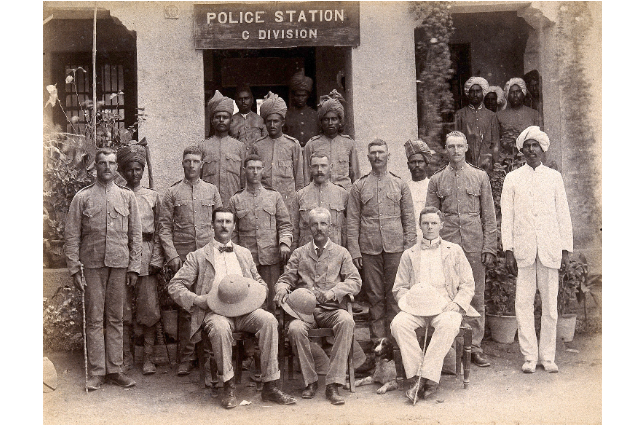
When we became independent in 1947, neither the people nor the leaders considered making the police free of government jurisdiction. We can only speculate the reason behind that. Nevertheless, the political regime deteriorated, and so did the police.
In 1979-81, National Police Commission released a report that stated the horrific crimes committed by the police against the people. As suggested earlier in 1903, the commission advised systematic changes to curb the stronghold of the ruling administration over the police. Neither the Central nor the State governments did anything to abide by the report, except implement some cosmetic changes.
Many committees have suggested reforms since then, out of which the Prakash Singh VS Union of India(2006) is a crucial one. It recommends seven steps that could make the police administration functional while still under the supervision of political executives. Two retired DGPs, Prakash Singh and N.K. Singh filed a petition in Supreme Court in 1996 and proposed a directive to guide the states in reforming their police force. You can read the details here.
From 2006-10, despite the Supreme court’s orders, most State governments didn’t comply with reforming their police administration. Commonwealth Human Rights Initiative(CHRI) released an assessment in September 2021, showcasing the extent of realization of reforms directed by the court fifteen years ago. You can go through the report here if interested. Spoiler alert, the numbers are depressing.
GROUND REALITY:
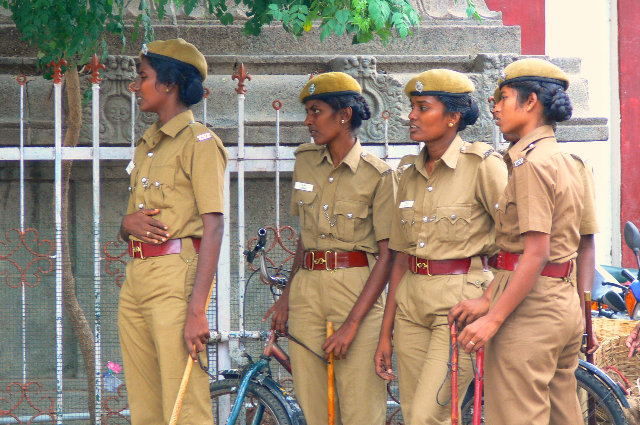
If you pay attention to the course of events, you may have noticed a pattern here. The government withholds and oppresses any action that may result in loss of its control over the police. That is because the original intent of the existence of police was to act as henchmen of the British Empire. We’re still living in the colonial hangover where most clauses of the Police Commission(1861) are still in effect, thus, giving the politicians a tight grip over the law-enforcing body. The persistence of this colonial problem has resulted in the malfunction of the Indian Police force.
24% of the State forces are vacant. According to the United Nations, there should be 222 police officers per one lakh citizens. In India, the number is 181, out of which 86% is constabulary. Hence, the system is so overburdened that sometimes officers have to work for sixteen hours a day. According to the Indian Justice Report, most states spend very little on the budget for police, out of which 90% goes to paying the salary. Comptroller and Auditor General of India (CAG) has found a shortage of weapons, and the Bureau of Police Research and Development (BPRD) has noted a 30% deficiency in required vehicles. (Source)
Lawmakers have deliberately weakened the Law-enforcers to maintain their power over them. That would sound counter-productive because it is. As for the current government, if you google the percentage of criminal politicians in India, every mainstream newspaper website will tell you that 42% of the council of ministers have reported criminal cases against them. That is almost half of the parliament. And we’re not even counting the states! It is no rocket science that law-breakers hungry for power have a vested interest in exploiting the police for their personal and political interest instead of empowering them. An empowered police system would hold them accountable for their crimes and put them in jail.
Hence, we have a system full of corrupt officers showing loyalty to politicians. Those who don’t follow the same route face transfer to other places or suspension from their post. Working in such conditions leads to depression, anxiety, insomnia, and in some cases, suicide. Fits of rage, apathy and anti-social behavior become common coping traits.
SOLUTION:
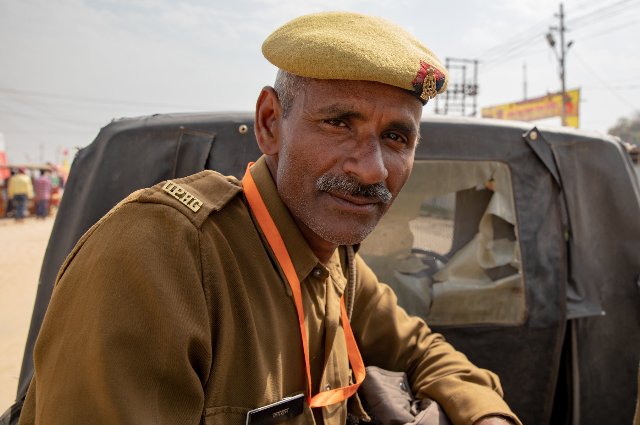
So far, all attempts at solving this issue have been futile. I think the permanent solution to police brutality is to relieve them from the influence of politicians and hold all officers accountable for their actions. In that way, we empower them but don’t run into the problem of overpowering them. Here are a few ways that I believe can eliminate police brutality:
- The Indian Police Force should be a separate entity with its administrative responsibilities shared within its members. The senior officials should directly handle posting, selection, promotion, transfer, suspension, demotion, and other such activities.
- A separate body of qualified individuals should be appointed to allocate a budget every year which doesn’t align with any political party. This will benefit every government body and provide job opportunities.
- Crime Investigation Department (CID) must prevail in the field of investigation while the Police ensure law enforcement. A CID Branch should be present in every district of every state.
- The working environment should reward good officers with good behavior towards the average citizens. A digital rating system for police officers that determines their rank can eliminate police brutality to zero. That said, every police officer must enter the system as a constable and earn their promotion. It will erase classism and develop empathy in the senior officers for officers of lower ranks.
- The police force should train students mentally, physically, and emotionally in a way that inculcates a belief in upholding the law as their true purpose. They must go through tests that check their mental and emotional health, which should be a parameter during the selection process.
- Police officers who abuse their law-enforcing power and commit any cognizable offense should not only lose their job but also get punished as any ordinary citizen would.
CONCLUSION:
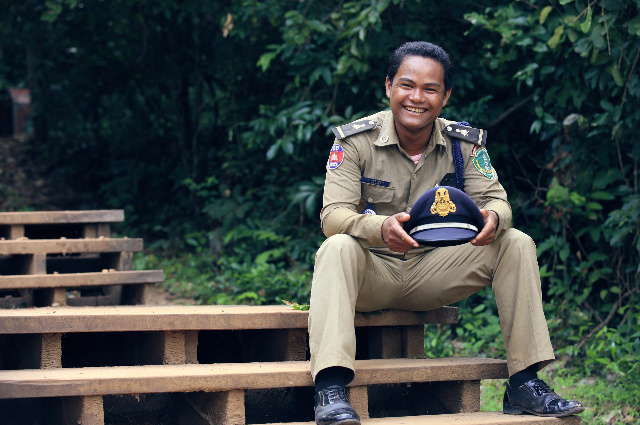
We can write as many reforms as we want, but they are useless as long as the people who make the laws don’t implement them. Therefore, the most crucial change required is the government itself. We need the youth to participate in politics, who don’t consider themselves as rulers of the state but fellow citizens doing their best to build a better country. With technological advancement, we may or may not have to revamp the political system to make it more efficient and corruption-free. But, that is a topic for another day.
Share your ideas and correct me if I am wrong in the comments below.
Thank you for reading!
